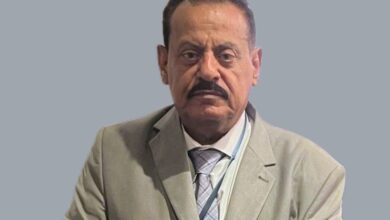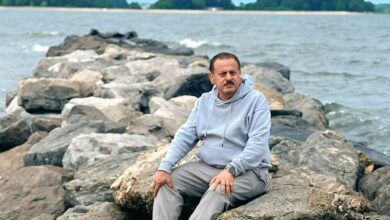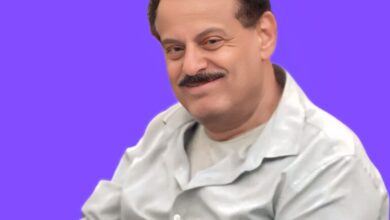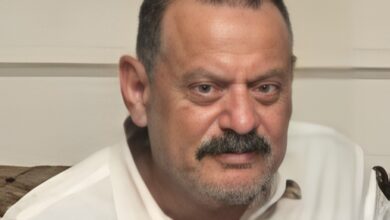Myth
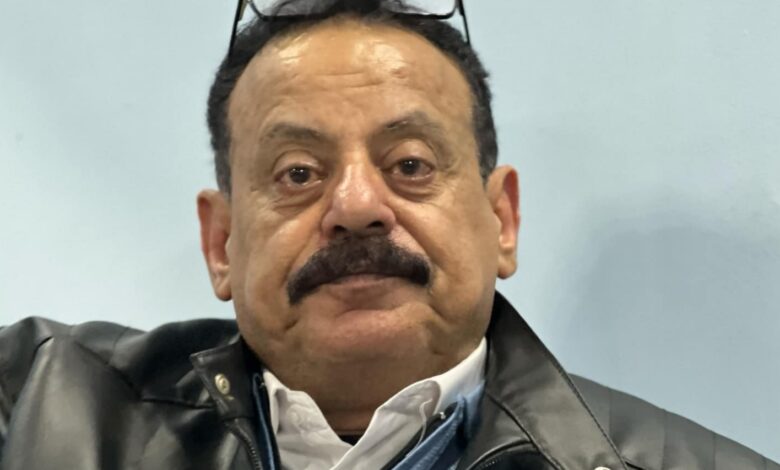
Yemeni mp
Ahmed Saif Hashed
One day, we felt a distant earthquake or a mild tremor that lasted just a few seconds. I didn’t feel panic until my mother told me that the worst could happen: our house might collapse, and the ceiling could fall on our heads.
I asked my mother, “Why does God shake the earth?” She replied, “The earth rests on the horn of a bull; if the bull moves its horn, an earthquake or tremor occurs, and a disaster may befall the people.”
When I pressed her about what the bull stands on, she would not answer. If I insisted on the question, she would say she didn’t know.
That gap in my understanding was not filled by her lack of an answer; instead, it lingered in my mind, growing and expanding, while the question continually sought a resolution. My imagination struggled to complete the picture painted by the myth.
As I learned and read more, that myth faded from my consciousness, becoming a source of disdain and ridicule. I discovered that science could unveil many mysteries and secrets, capable of answering numerous questions, exploring hypotheses and theories, accumulating knowledge, nurturing awareness, and leading us to the truths we seek.
* * *
Our lives are filled with myths and illusions, as well as beliefs lacking any basis in reality.
Our consciousness is shackled by certainties that contradict scientific understanding, leading to distorted awareness and incorrect conclusions.
There are many assumptions that have no existence or foundation in reality, and much of what we think and believe requires research and study to reach conclusions supported by evidence and proof.
It is acceptable to defer what is elusive to the future; what seems impossible to uncover today may not be so in the future.
Sometimes, we find many of our emotions and sentiments strongly inclined to believe in the illusions we hold, considering them truth and reality. Conversely, we often reject, quarrel with, and dismiss those who challenge or critique our beliefs.
We defend, with all our strength and passion, what is devoid of truth, clinging to convictions that lack a scientific basis. We refuse to subject them to inquiry, let alone question them.
We rally our emotions, entrenching ourselves in our beliefs and biases, fighting or even dying for them. Those who doubt these beliefs, or those who arrive at different conclusions through their research and knowledge that clash with prevailing norms, may face dire consequences.
The risks and warnings can expose one to death, imprisonment, or forced renouncement of those convictions built on knowledge and evidence.
One can recall the dark history of the Church in Europe, where many scholars, philosophers, and enlightened minds clashed with the doctrines and beliefs of the Church. Their books were burned, and many met tragic ends through execution.
Our consciousness is plagued by vast gaps in knowledge, and we need various intellectual and scientific means to escape the backwardness, loss, and deprivation we experience.
With science and knowledge, we must bridge as many of these critical gaps in understanding as possible for the benefit of backward societies and peoples.
We need to address the voids of this awareness that engulfs us with its emptiness and absurdities. We must unleash our minds, liberate our consciousness from deception, alienation, and myth, and prevent the assassination of truth, no matter how bitter it may be.
* * *


